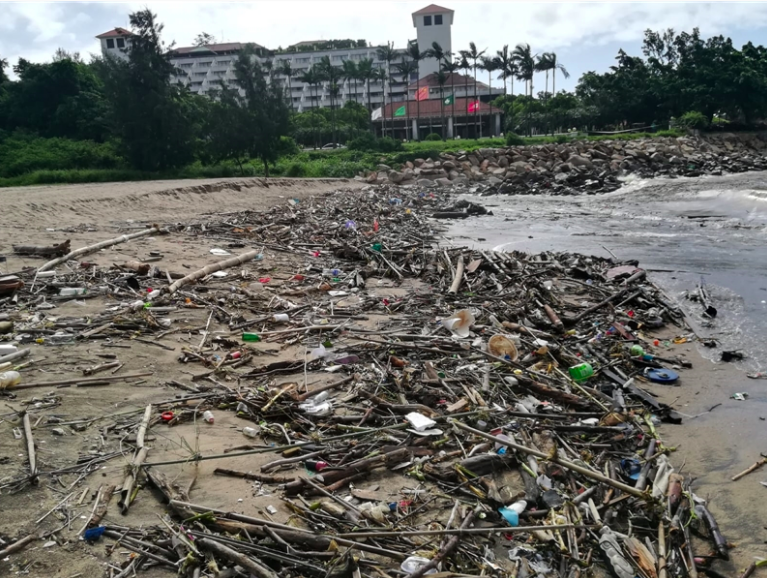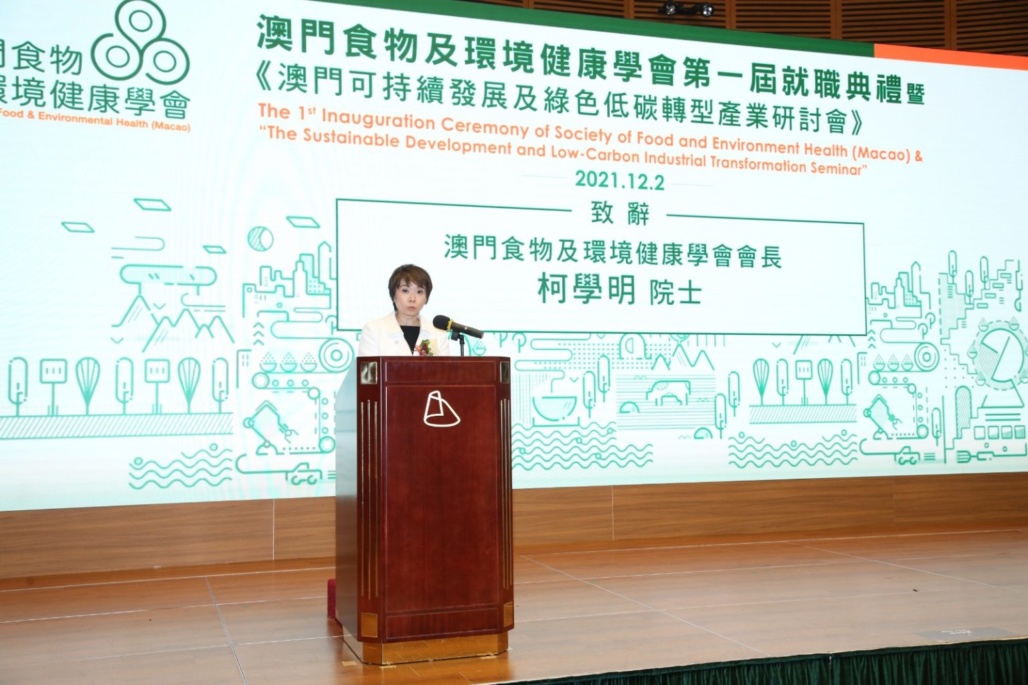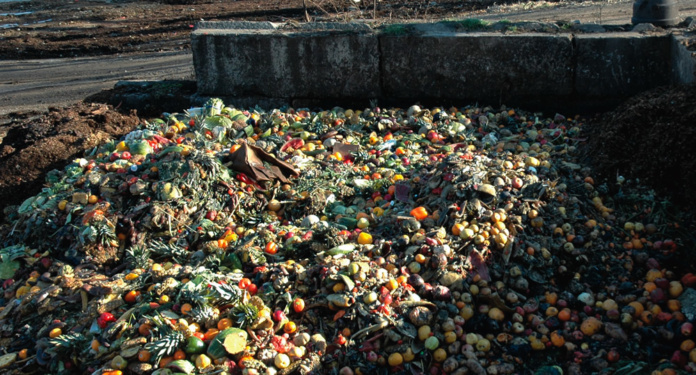There are no longer 30 million tourists entering Macau, but solid waste is still too high.
Macau Business | January 2023 | Special Report | Three years of pandemic – What changed?
Here is what was known until the arrival of the pandemic in Macau:
. The value of the waste treated at the Macau Refuse Incineration Plant, since 2015 stood above 500,000 tons, having even reached 550,000 tonnes in 2019, an absolute record (from 230,000 tonnes in 2001 to 400,000 tonnes in 2013);
. Compared to other regions, the average volume of municipal solid waste produced daily ‘per capita’ by Macau residents is quite high, surpassing cities such as Beijing, Shanghai, Guangzhou or even Hong Kong;
. In 2017, Government, via the Environmental Protection Bureau (DSPA), launched the Macau Solid Waste Resources Management Program (2017-2026), which sets the solid waste policies, specific waste targets and action plans for Macau in the coming decade, and promotes the achievement of “waste reduction at source and resources recycling”; Specifically, a target was set to reduce the ‘per capita’ waste produced daily by nearly 30 per cent by 2026;
. However, “the problem of waste management is imminent and needs to be resolved soon and, unless decisive and effective measures and timely actions are taken, it is estimated that in the coming years the amount of solid waste produced in Macau will exceed the capacity of Macau facilities treatment,” warned the DSPA, in the Program;
. Things went wrong, and tourism was mainly to blame, as can be seen in a research paper by Department of Civil and Environmental Engineering, Faculty of Science and Technology, University of Macau (2017): “several factors such as the liberalization of the gambling activities, the forecast population and economic growth, the exchange of goods within the region, and the increase in the number of visitors will increase the pressure upon the existing resources, especially on the waste management system”;
So, the pandemic arrived and tourists stayed on the other side of the border: one of the (rare) positive consequences would be the reduction of solid waste, since it is one thing to have 30 million visitors, another is to have less than 8 million (2021).
However, with the exception of 2020 in which there was 20 per cent less waste treated at the Macau Refuse Incineration Plant, this drastic reduction has not happened – just look at the figures for 2021, taking May as the comparative month.

| Date | Quantity of recycled materials (ton) |
| 2022/05 | 44462.98 |
| 2021/05 | 46334.50 |
| 2020/05 | 40505.04 |
| 2019/05 | 48832.79 |
| 2018/05 | 46455.93 |
(source DSPA)
Macau disposed of 453,152 tonnes of solid waste in 2021, a 3.6 per cent increase from 2020 when 437,592 tonnes were dumped.
So, at the end of 2021, the director of the DSPA, confessed: “with the decrease in the number of tourists, the production of waste has decreased, but it has not been significant”, said Raymond Tam.
In other words, the problem is much more structural than one would think and is ingrained among residents.
Confronted by Macau Business with these facts, DSPA says that “Reduction of Waste from the Source” and “Recycling of Recoverable Waste” “are important policies implemented by the Macau SAR Government in the area of solid waste treatment” and that in recent years, DSPA “has been actively reinforcing selective collection efforts,” which, for the time being, cover electronic waste, glass bottles, food waste, lai si envelopes, ‘moon cake’ boxes, old clothes and solid recyclables in three colours. At the same time, the community collection network is being expanded, in an orderly manner, in order to make it easier for citizens to practice environmentally friendly acts.”
In the future, DSPA highlights the Pilot Project for the Collection of Food Waste from Food and Beverage Establishments, “which is under development,” and the Study on the Macau Household Waste Collection Regime, “which has been completed.”
As no significant changes in residents’ habits are expected in the medium term, DSPA recalls the contract for the 3rd phase of expansion of the Macau Refuse Incineration Plant. Also in 2022, promised to carry out an intermediate evaluation of the Solid Waste Management Planning of Macau (2017-2026) “and encourage the various works, namely waste reduction and recycling, in accordance with the action plans.”
“If we continue to treat waste as a low or no value by product of human activity, we will not able to have dramatic improvement on waste reduction” – Ruby O

Will it be enough? And how to change it?
“Waste reduction is a shared responsibility, we are all connected in a very complex system,” states the Founder & Chairperson of the Society of Food & Environmental Health (SFEH), Ruby O. “The waste number that we see indeed is a collective effort and reflection of our activities in the city on a day to day basis. Although the visitations had dropped significantly, we still have many internal consumptions within the city.”
Ruby O, a food science graduate who works full-time on local sustainability projects, emphasises how “online shopping and food delivery have become more accessible and offer more value for money, but continue to heavily rely on the linear model to drive economic growth by offering promotions that drive overconsumption.”
“The choice of doing right thing or out of convenient is up to us. Education plays critical role in preparing the knowledge and skills base to drive circular innovation, system thinking in view of raising sustainability awareness and inducing a shift in mindset,” SFEH’s chairperson told Macau Business.
“If we continue to treat waste as a low or no value by product of human activity, we will not able to have dramatic improvement on waste reduction,” still according the Founder & Chairperson of the Society, that brings together professionals from the food and environmental health industries to promote “innovation practices and product developments.”
And if most local people “is not knowing the true cost of food, also maybe lacking the awareness of the consequences of food waste and the subsequent negative impacts and connection with our behaviour,” Ruby O emphasizes the fact that “our nation China is also fighting food waste and wasteful practices with various approaches.” She mentions examples such as the launch of antifood waste law in 2021, “which advocate responsible production and consumption national wide from household to food sectors,” after Chinese President Xi Jinping called the amount of food wasted at banquets “shocking and distressing.”
“I strongly believe Macau and Macau people can do better on food sustainability and promoting our food culture while address the corresponding environmental impacts,” concludes Ms O to Macau Business.
Tackling plastic
Since the 1st of June, the ban on importing non-biodegradable and disposable plastic knives, forks and spoons has been in effect.
Plastic reduction has received a lot of attention from the DSPA, which assumes the objective of “progressively promoting plastic reduction measures.”
Following the entry into force of Law no. 16/2019 (“Restrictions on the Supply of Plastic Bags”), measures were also implemented to control disposable styrofoam tableware and plastic drink straws and stirrers, not -biodegradable and disposable.
























